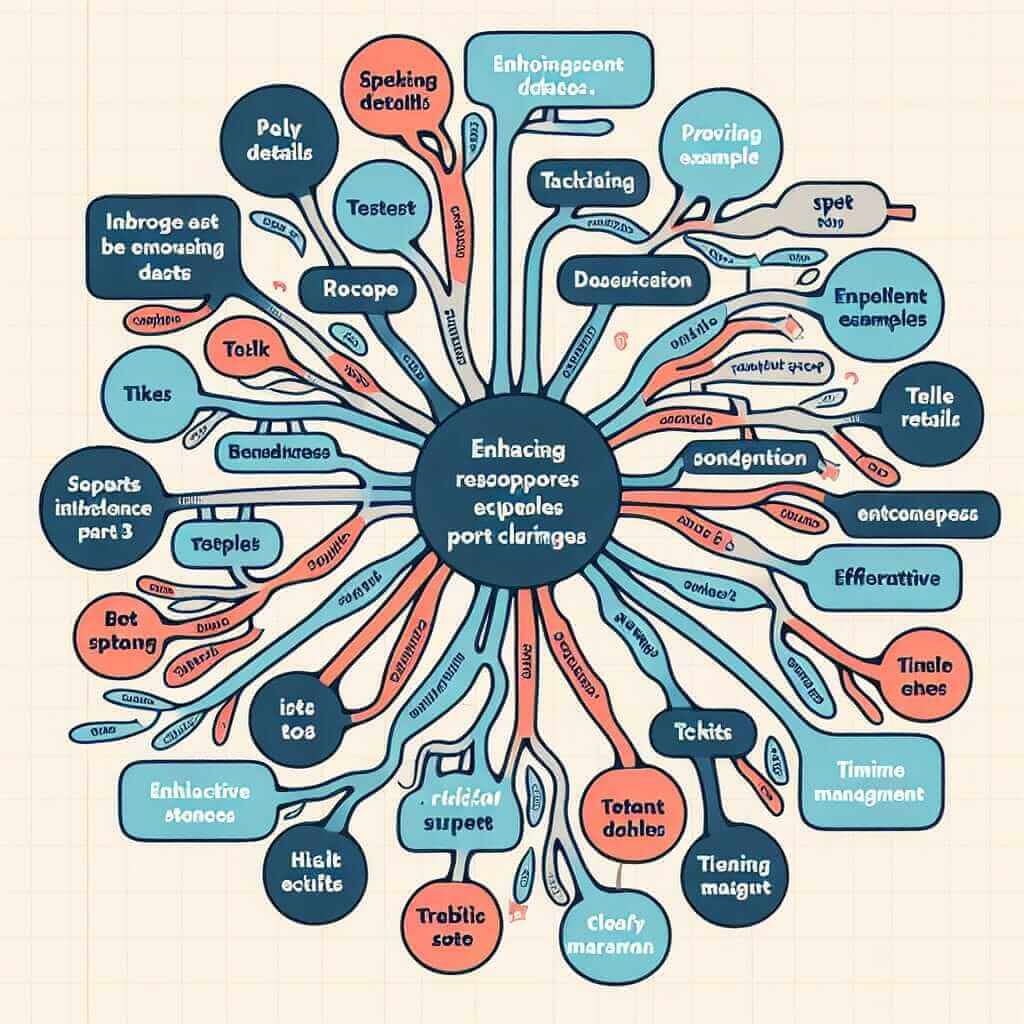IELTS Speaking Part 3 is where the rubber meets the road. After navigating personal questions in Part 1 and a specific topic in Part 2, you face more abstract and challenging questions related to the previous topic. This section assesses your ability to analyze, discuss, and offer well-supported opinions. Mastering common themes and employing effective strategies can significantly bolster your performance.
Common IELTS Speaking Part 3 Topics
Familiarizing yourself with recurring themes equips you with a significant advantage. Let’s explore some prominent topics:
1. Education
- The importance of education: You might be asked about the role of education in personal development, economic growth, or societal progress.
- Example: “How important is a university education in today’s job market?”
- Different methods of learning: This could involve comparing traditional classroom settings with online learning or discussing the merits of self-study.
- Example: “Do you think online learning will replace traditional classrooms in the future?”
- The value of lifelong learning: Expect questions about the importance of continuous learning in adapting to changing job markets and personal growth.
- Example: “What are the benefits of learning new skills throughout life?”
2. Technology
- The impact of technology on society: Prepare to discuss how technology influences communication, relationships, work environments, or global issues.
- Example: “How has social media changed the way people interact with each other?”
- The advantages and disadvantages of specific technologies: This could involve analyzing the pros and cons of artificial intelligence, social media platforms, or automation.
- Example: “What are the potential risks of relying too heavily on artificial intelligence?”
- The future of technology: Be ready to speculate on upcoming technological advancements and their implications.
- Example: “What technological innovations do you think will have the biggest impact on our lives in the next decade?”
3. Environment
- The impact of human activities on the environment: Expect questions about climate change, pollution, deforestation, and their consequences.
- Example: “What are the most effective ways to combat climate change?”
- The importance of environmental protection: This could involve discussing the significance of conservation efforts, sustainable living practices, and governmental policies.
- Example: “Whose responsibility is it to protect the environment: individuals, governments, or corporations?”
- Solutions to environmental problems: Be prepared to suggest and evaluate potential solutions to address pressing environmental challenges.
- Example: “What can individuals do to reduce their carbon footprint?”
4. Society
- Social changes and their effects: This could involve analyzing trends like urbanization, aging populations, or changing family structures.
- Example: “How has globalization impacted local cultures?”
- Social problems and solutions: Be ready to discuss issues like poverty, crime, inequality, and propose potential remedies.
- Example: “What steps can be taken to reduce poverty in developing countries?”
- The role of government and individuals in society: Expect questions about civic responsibilities, government policies, and individual contributions to societal well-being.
- Example: “What are the most important qualities of a good leader?”

IELTS Speaking Part 3: Strategies for Success
-
Expand Your Answers: Aim for detailed and well-developed responses. Avoid one-sentence answers. Employ discourse markers like “Firstly,” “Secondly,” “Moreover,” and “Furthermore” to structure your thoughts logically.
-
Provide Examples: Support your claims with concrete examples. Illustrate your points with relevant personal experiences, historical events, or hypothetical scenarios.
-
Express Opinions Carefully: Use tentative language when appropriate. Instead of making absolute statements, use phrases like “It could be argued that…” or “It seems to me that…”
-
Manage Your Time: Practice delivering concise yet comprehensive answers within the time limit. Don’t dwell excessively on a single point; maintain a steady flow of ideas.
-
Enhance Your Vocabulary: Incorporate a range of vocabulary related to common themes. Utilize synonyms and avoid repetition to demonstrate lexical resourcefulness.
Conclusion
By familiarizing yourself with these common IELTS Speaking Part 3 topics and employing the outlined strategies, you can significantly enhance your chances of achieving a high band score. Remember, practice is key! Engage in regular speaking practice with a partner or tutor to refine your skills and build your confidence. Good luck!